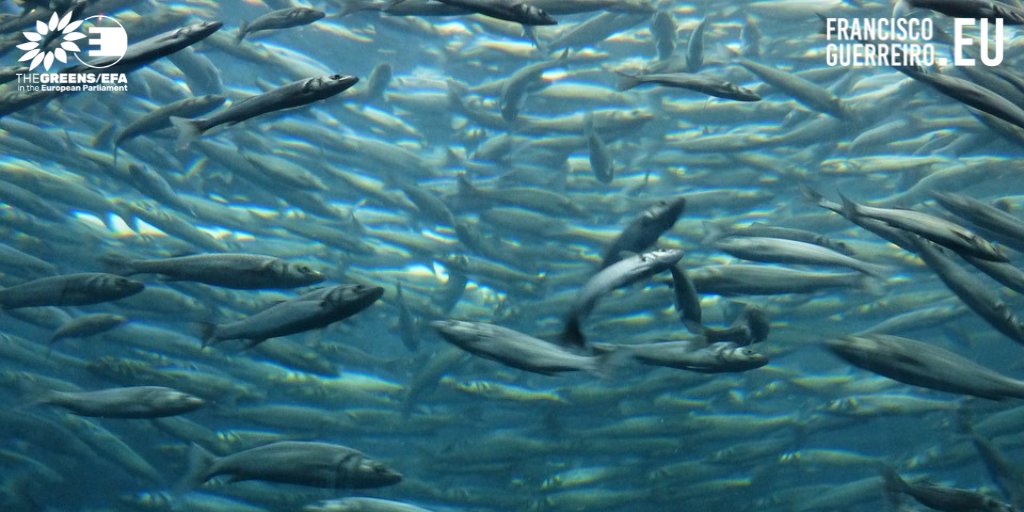
Question to the EC: Deep-sea shark bycatch
See Francisco Guerreiro’s question to the European Commission and the written answer on deep-sea shark bycatch.
Subject: Deep-sea shark bycatch
The extreme biological sensitivity of deep-sea sharks and the very limited knowledge of their abundance and distribution require highly precautionary management strategies. The International Council for the Exploration of the Sea (ICES) has consistently advised that for certain species of deep-sea sharks, fishing mortality should be minimised, no targeted fisheries should be allowed, and bycatch of deep-sea sharks should be minimised in mixed species deep water fisheries.
However, in 2018 the Council agreed on an EU wide prohibition to target, land, tranship or sell species listed in the Regulation fixing for 2019 and 2020 the fishing opportunities for certain deep-sea fish stocks (1) , but ignored scientific advice and granted exceptions for bycatch in the longline fishery for black scabbardfish, for which three total allowable catches (TACs) of seven tons were approved. These TACs were set with the objective and conditions of facilitating species-specific data gathering on these species.
To the Commission’s knowledge, what efforts have been made by the Member States concerned to comply with the conditions under which the bycatch TAC was granted, namely the development of regional management measures for black scabbardfish fisheries to reduce bycatch of deep-sea sharks, and the establishment of specific data-collection systems for deep-sea sharks?
(1) https://eur-lex.europa.eu/legal-content/en/ALL/?uri=CELEX:52018PC0676
Answer in writing
|
Considering their biological status, deep-sea sharks have been prohibited for targeted fishing since 2018. However, artisanal deep-sea fisheries for black scabbardfish using longlines have unavoidable by-catches of deep-sea sharks. Longlines are recognised as a very selective fishing gear in such fisheries; however, even with this selective gear, it has proven difficult to avoid accidental catches of deep-sea sharks. Therefore, a very restrictive total allowable catch for unavoidable by-catches of those species in directed fisheries for black scabbardfish that use longlines was adopted, with additional data collection and avoidance obligations. The Member State concerned has been asked to further develop regional management measures for the fishing of black scabbardfish with a view to reducing by-catches of deep-sea sharks and to ensure close monitoring of these stocks. The Commission has been communicating with the relevant Member State over the last two years. The Member State has undertaken some efforts, such as a regional project, which started in 2017 and will last until 2020, to assess the sustainability of by-catch of deep-sea sharks, to contribute to an improved gear selectivity, to implement and promote good practice on board, and to collect spatial information and biometric and biological data in order to ensure close monitoring of deep sea sharks. This is an ongoing project and is the result of a partnership between the Azores Fisheries Federation and the Institute of Marine Research IMAR (1). The Commission continues to monitor these measures, look at their impacts and works with the relevant Member State to further develop them, also in light of any new scientific advice.
(1) https://federacaopescasacores.pt/projetos/ |










ParlTrack - Francisco Guerreiro considered one of the most productive MEPs
Monday, 01 July 2024
The analytical website ParlTrack has recorded all the parliamentary actions of MEPs during the 2019-2024 term, considering Francisco Guerreiro one of the most productive.READ MORE